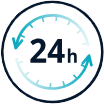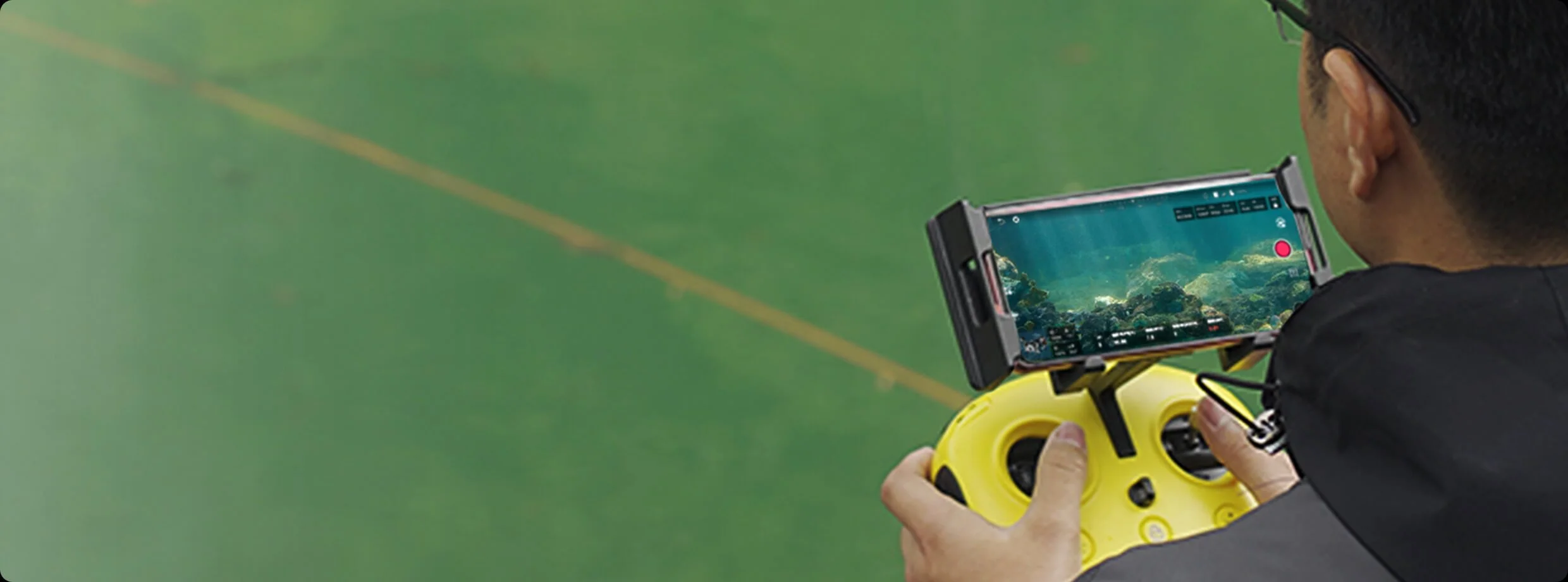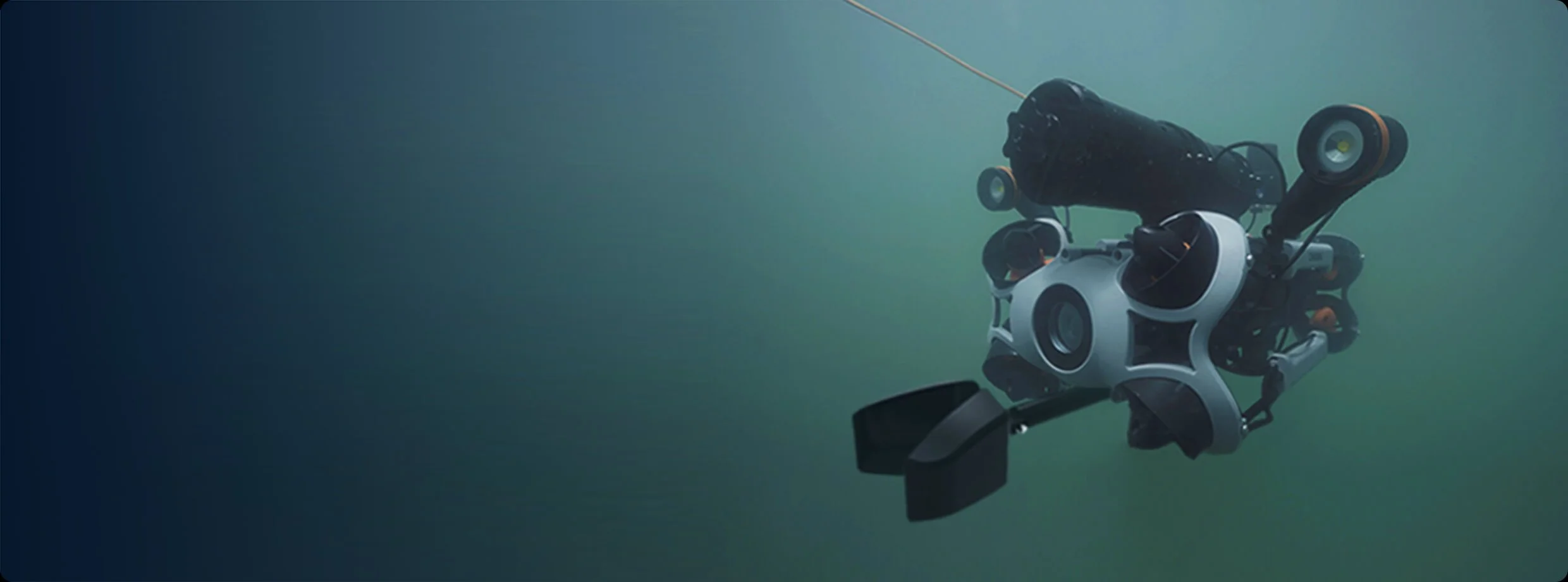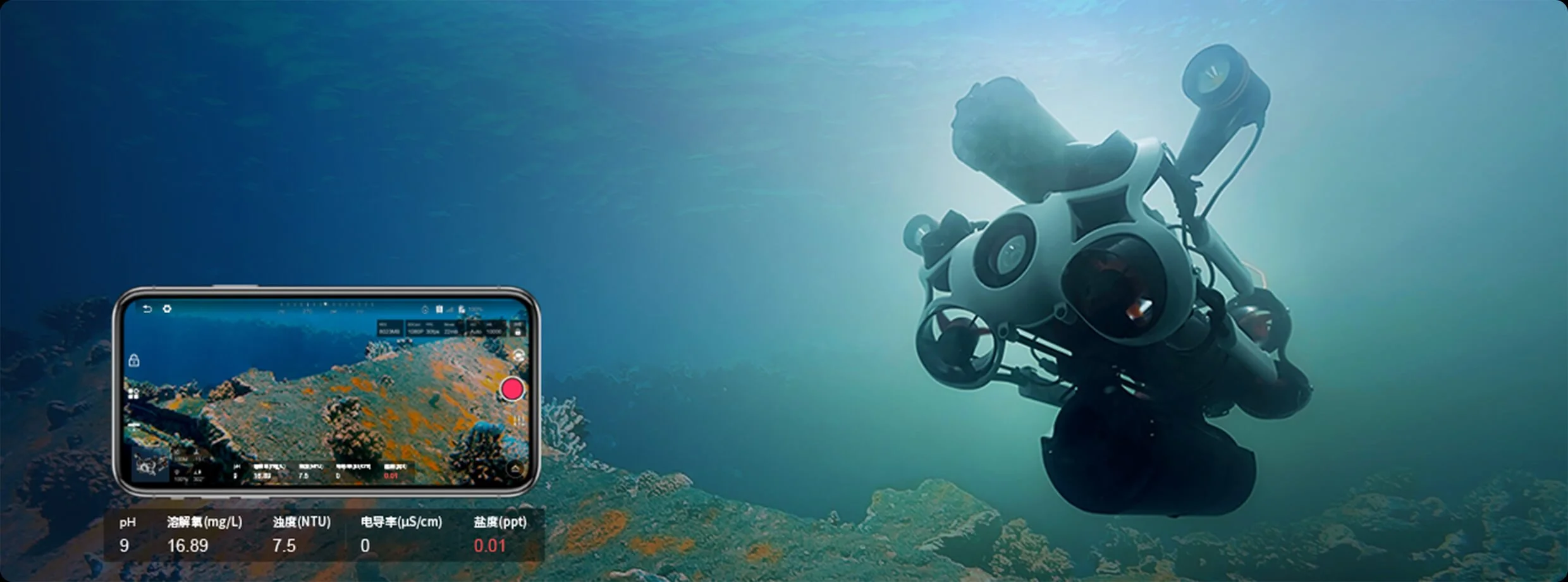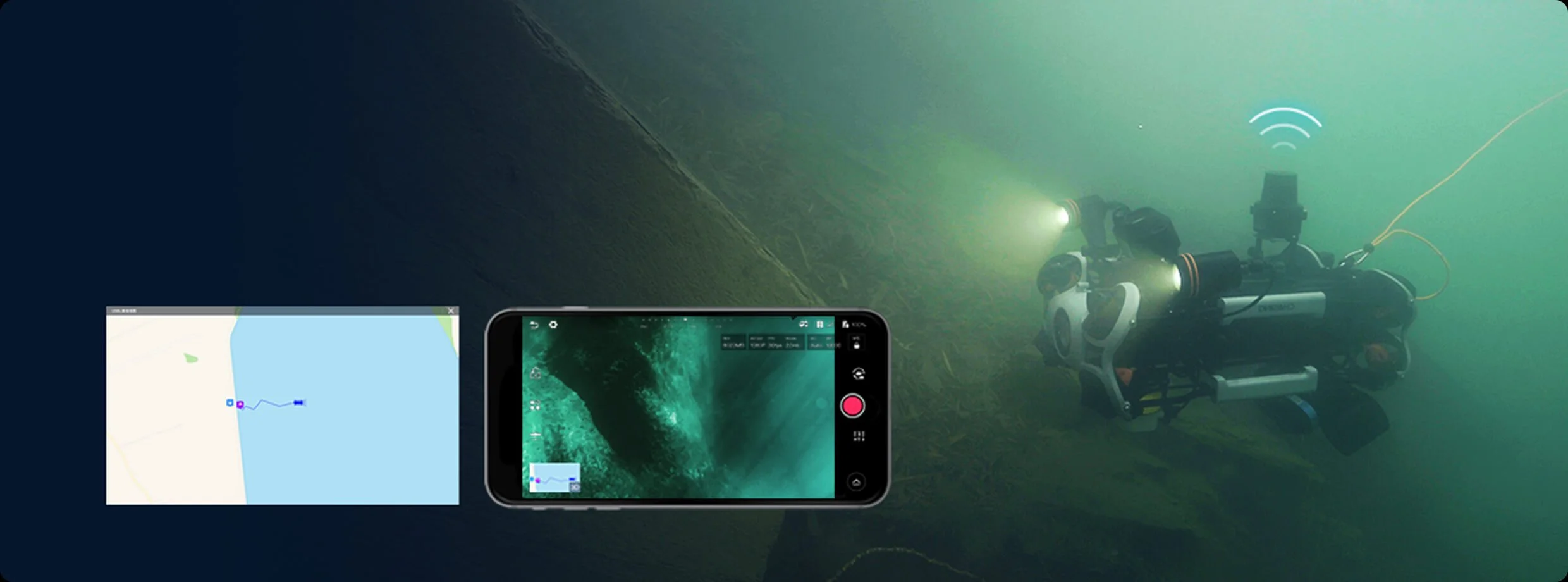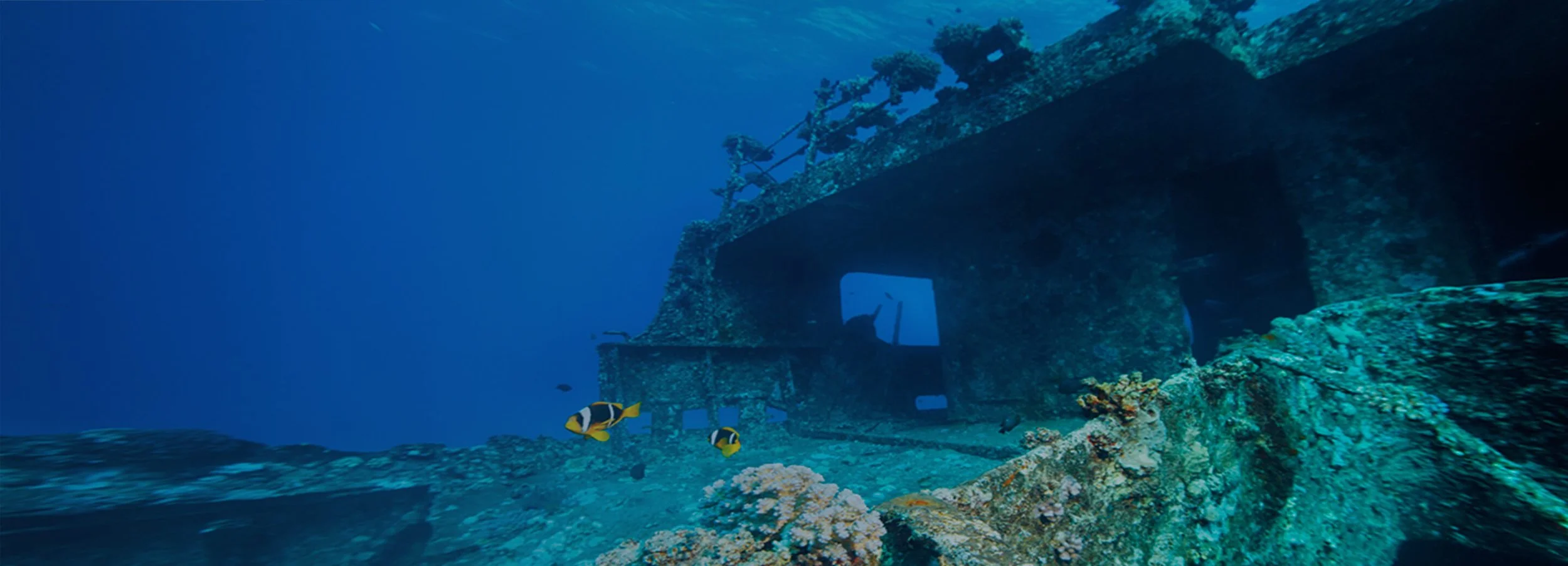
Scientific Exploration
Underwater drones can quickly locate and observe target objects and get the data of underwater conditions to make scientific expeditions easier.
High efficiency
Acquires the target location, samples, underwater images, and other data quickly.
Few limits
Operates well in complex underwater conditions, regardless of time, location, or space, which makes scientific expeditions easier.
Easy to carry
Compact and easy to carry.
Work all day
Equipped with a spare battery pack or powered by AC power, underwater drones can work continuously for a long time.
Application scenarios
Assisting in information collection
Assists scientific researchers in quickly acquiring underwater images and videos, and collects information in conditions such as temperatures greater than -10°, 200-meter depths, and confined spaces.
Sample collection
Samples underwater solids and liquids with the aid of grabber arms, sediment samplers, and water quality samplers.
Real-time underwater data collection
Records underwater data such as depth, temperature, time, pH, dissolved oxygen, turbidity, conductivity, and salinity in real time for scientific evaluation and analysis.
Assisting in underwater mapping
The USBL kit can quickly locate target positions and assist in completing underwater mapping tasks.




